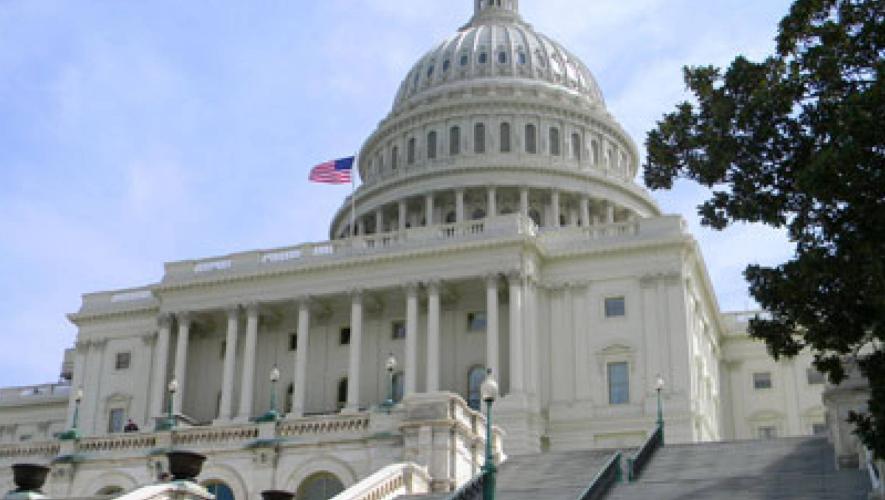The U.S Congressional Budget Office (CBO) estimates that the proposal to create an independent air traffic control organization by the House of Representatives would increase the federal deficit by nearly $100 billion through 2027. The estimate represents a revision from an earlier CBO tally of a $20.7 billion increase to the deficit, which did not consider tax changes and other recent additions to the ATC proposal. Democratic leaders had asked the CBO to take a new look at the costs associated with the proposal, which they say would increase the deficit by billions of dollars over original estimates.
But the House Transportation and Infrastructure Committee, which approved the ATC proposal as part of a six-year FAA reauthorization package in June, took issue with the new finding, calling it “still incomplete” and saying “the updated CBO information is not accurate.”
The committee pointed to an analysis by thinktank ENO Center for Transportation, which essentially found that the estimate did not fully reflect the removal of the organization from the federal budget process.
The Heritage Foundation also decried the finding as “bogus,” adding it gives opponents “ammunition to oppose the bill.”
The finding, the foundation said, results from limitations in the CBO budget scoring system. “This score does not reflect reality,” the thinktank said, agreeing that CBO continues to view a new ATC entity as part of the government and budgets it accordingly.
General aviation leaders, among the chief opponents to the bill, pointed to the estimate as another reason legislators should shelve the proposal. “This study is further evidence that ATC privatization is a bad idea for all Americans,” said NBAA president and CEO Ed Bolen.






